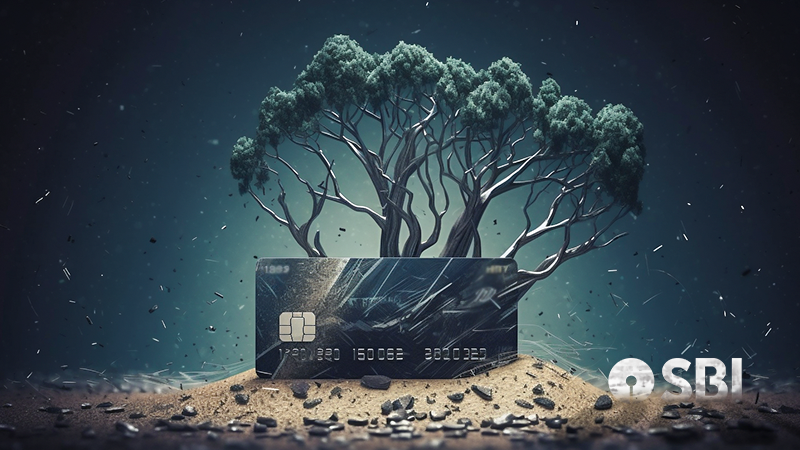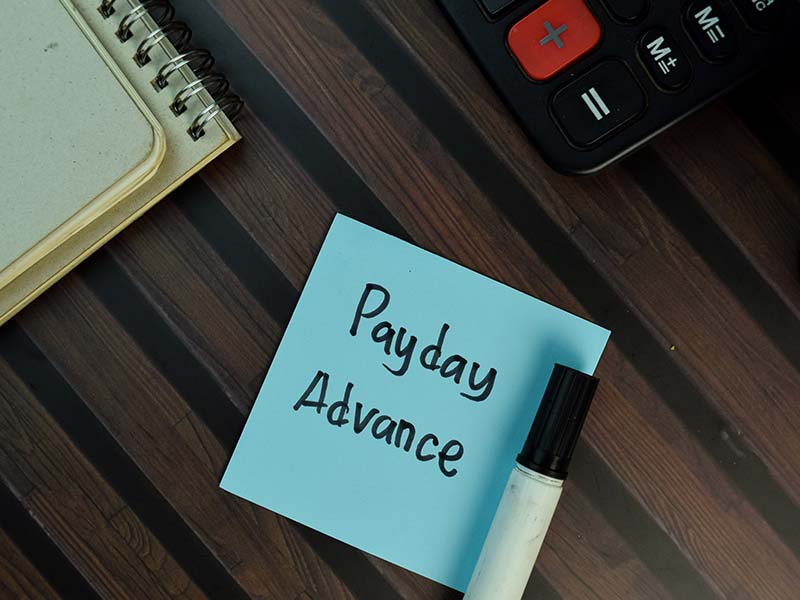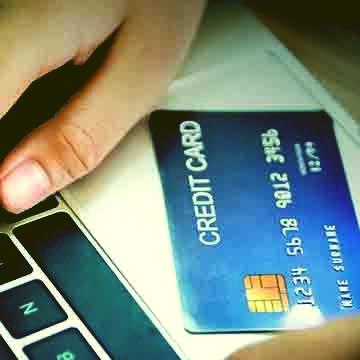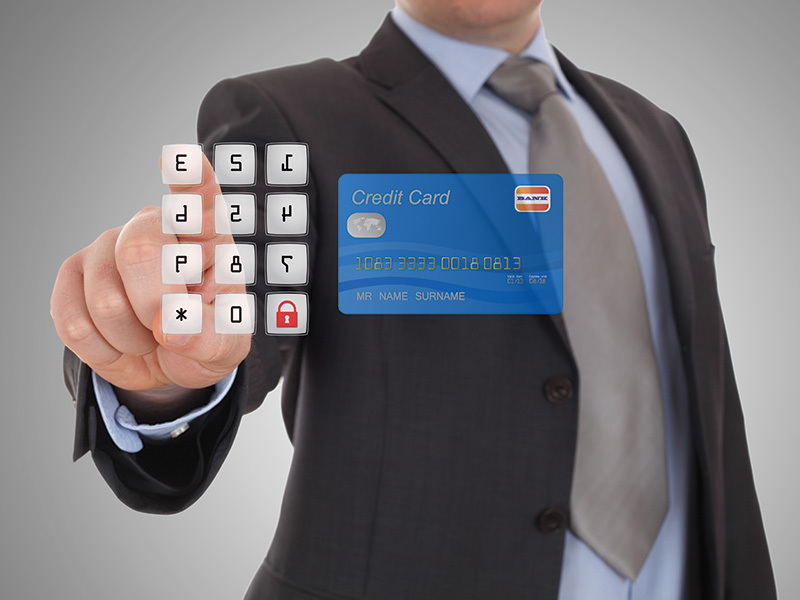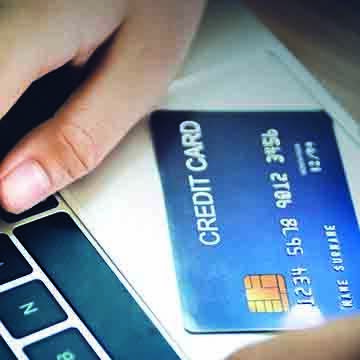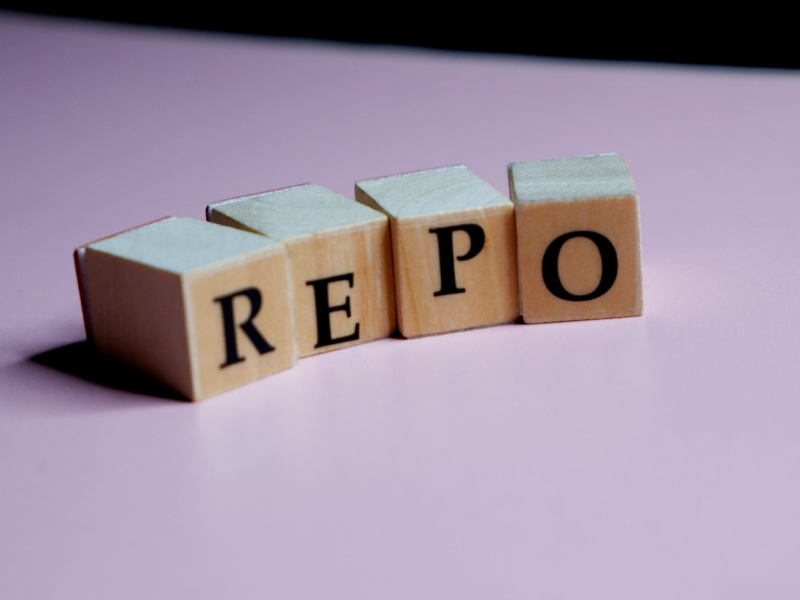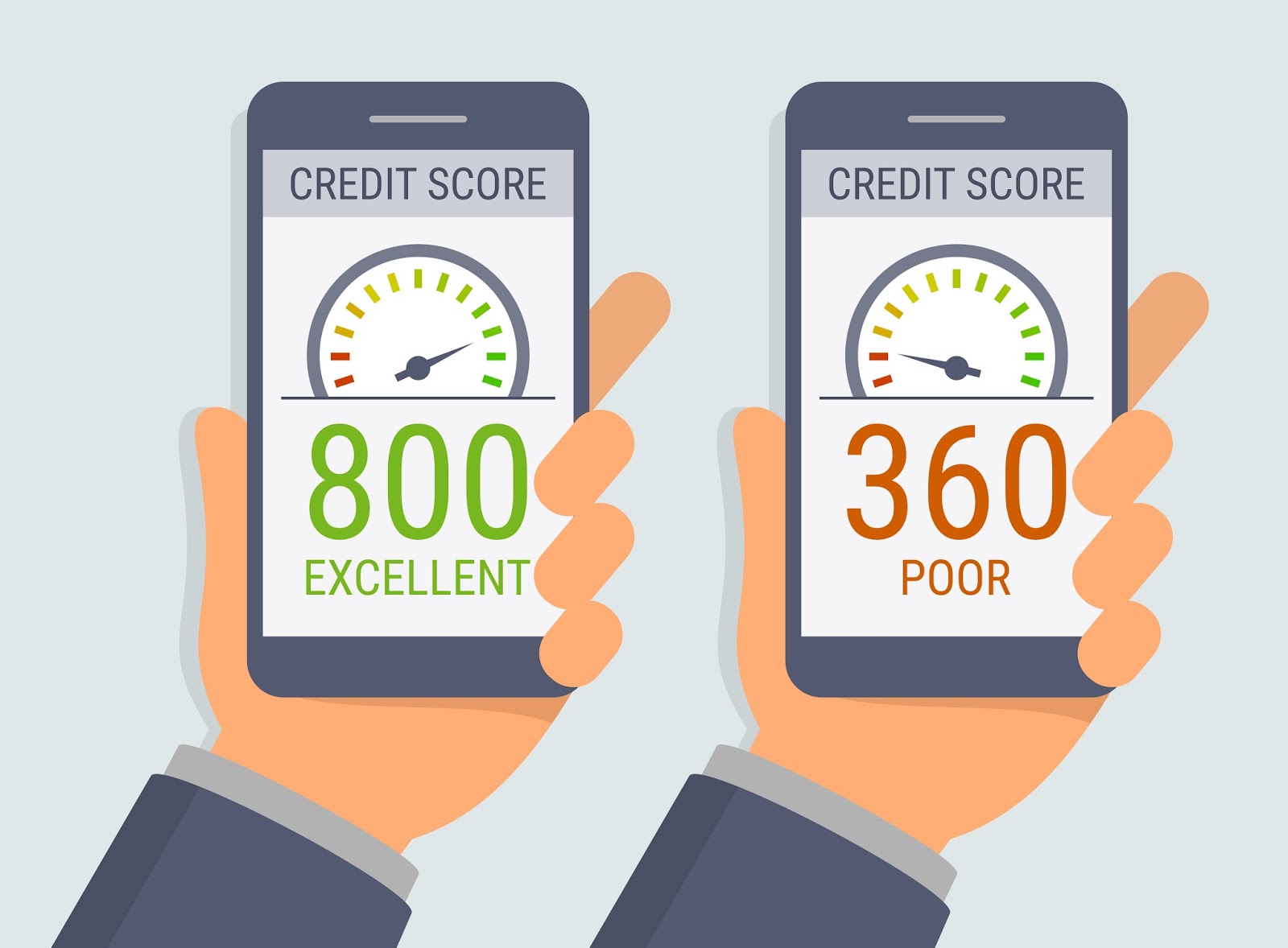
One might require a loan for various reasons. However, it’s also important to know what criteria have to be met to be eligible to get a loan, and one such important factor is your credit score. A credit score is a financial tool that helps to determine the loans you can get and the interest rates you pay. Even Insurers use credit scores to set premiums. So today let’s understand more about a credit score.
Credit / CIBIL score
A credit score is a three-digit number that measures an individual’s ability to pay back the borrowed amount. It is the numerical number that shows the creditworthiness of the person. A credit score by CIBIL ranges between 300-900 and 900 being the highest. A higher credit score offers you several benefits and helps you at the time of getting a loan or a credit card. Having a low credit score means that you are not able to pay back the borrowed sum amount. If you have a high credit score, you are entitled to get discounts on the interest rates. Moreover, a high credit score gives you the additional power to negotiate for better rates of interest on loans.
India has four credit rating agencies to assess your credit score, and TransUnion CIBIL is the premier one among them. CIBIL has affiliations with almost a bank, knowing the creditworthiness of millions of individuals and enterprise. Every time you apply for a loan or a credit card, your score has been checked. Generally, a score above 750 is considered good, though some banks keep the high bar for availing for the loan.
CIBIL
CIBIL – Credit Information Bureau India Limited, collects and maintains customer data about loans and credit. This customer data is collected every month from various banks and other financial institutions. This data is then processed to make individual credit reports, thus providing the final credit score for every customer. Banks and lending institutes then request these credit scores to decide on loan sanction. Hence a CIBIL score indicates the lender whether or not to grant a loan to a borrower.
Quicker approval of unsecured loans
It is a rule that when it comes to unsecured lending, maintaining a good CIBIL score is of utmost importance. A borrower with a high CIBIL score, 750+, gets a loan sanctioned easily. If your score is above 800, you might even get a higher amount than usually given by the bank.
More bargaining power on interest rates
We all know that interest rates for the unsecured loan vary from bank to bank. Some will end up getting a better deal than others. A higher CIBIL score enables you to bargain with the bank for a better deal.
You could choose to pick the best credit card
If you are using the credit card smartly, you can enjoy the benefits of it. Though they allow a definite zero-interest period, the interest rates can shoot up if you are delayed or miss a payment. With a good CIBIL score, credit card companies will compete with one another to give you the best possible deal.
How can you improve your CIBIL Score?
CIBIL scores less than 750 is considered a curse because if you are looking for a personal loan with this credit score, your loan won’t get granted. All you can do is you can improve your score. Here are mentioned some factors you should focus on to improve your CIBIL score:
- You should set a reminder to repay on time
Missing your repayments for your outstanding debt can be a big mistake that can severely impact your credit score. It would help if you were punctual while you are paying your EMIs. Also remember, if you delay your EMIs you have to pay a penalty which can also affect your credit score.
- Check for errors in your credit report
You might have a good credit history but due to various unknown errors that might be pulling your credit score down. For example, you have paid the loan amount entirely but still, it may reappear as current due to an administrative error. Thus it’s always recommended to have an eye on your credit report and check for errors and suspicious activity.
- Learn to say no
You must avoid becoming a joint account holder because if the joint holder defaults, it will reflect on your CIBIL score. Also avoid pledging as a guarantor for someone’s loan, because if he/ she fails to repay the loan then it becomes your duty to pay the loan. This will ultimately affect your CIBIL score.
- Avoid taking multiple loans at a time
Taking too many loans at one time shows that you might be having insufficient funds to pay them all. So it is a good idea to take one loan so that you can pay it successfully and that could boost your credit score.
- Limit your credit utilization
The fastest way to improve your credit score is not to utilize your credit card to its extreme limit. One must ensure that your spending should be 30% of your credit limit per month. Let’s make it easy by an example- if your credit limit is Rs. 2 lakh a month, you should make sure that you are not paying more then Rs. 60000 through your credit card. Spending more than 30% will drop your credit score.
- Do not run away from loans
A lender always looks at your financial history before he/ she can grant you a loan. Having no loans doesn’t provide proof for the lender to sanction a loan, and this can again affect your CIBIL score adversely. Loan repayments can stand as definite proof of financial history.
[table id=53 /]
Final Note
The fact is whenever you apply for a loan application to the bank; the first and foremost thing bank will take into consideration is your credit history. If you have a bad credit history and your score is low, the bank will reject your loan application. However, if you have a good credit score, your request for a loan gets approved. So maintaining a good CIBIL score is essential so that you can avail the loan from a bank quickly.















